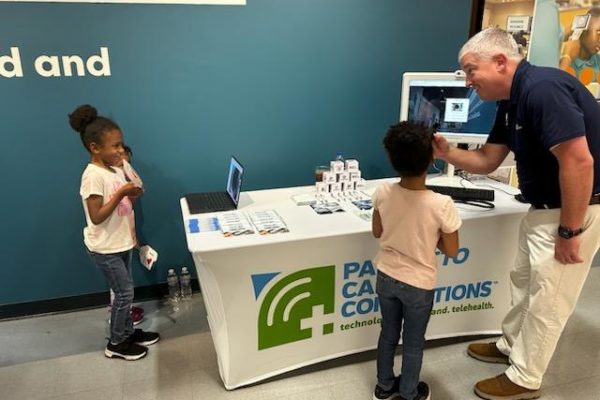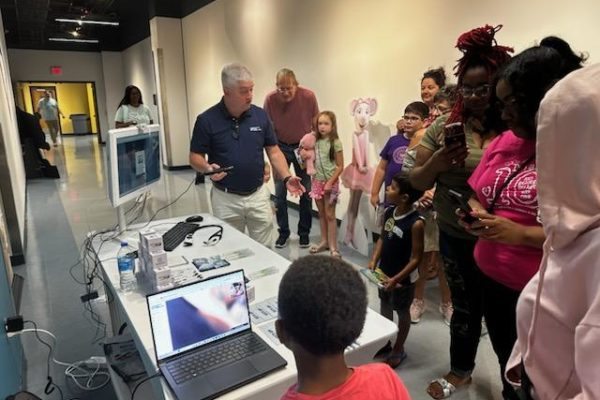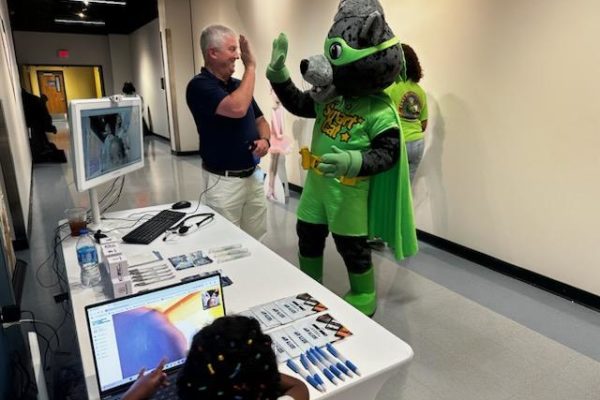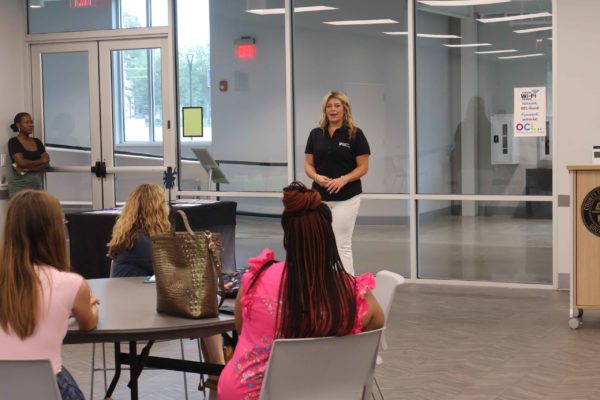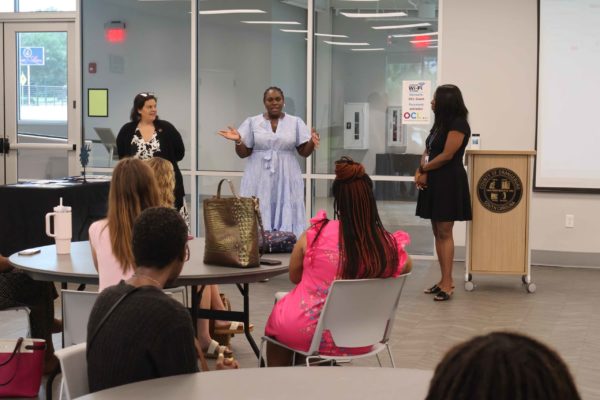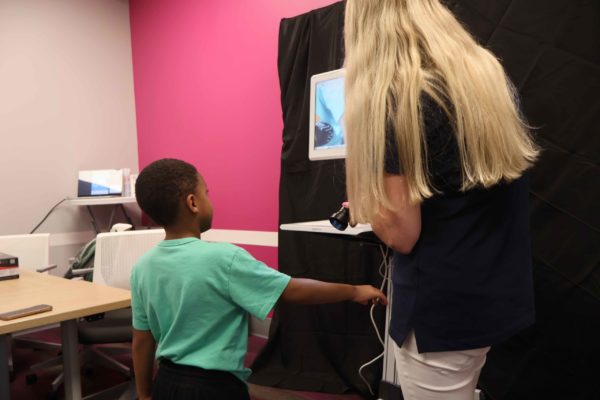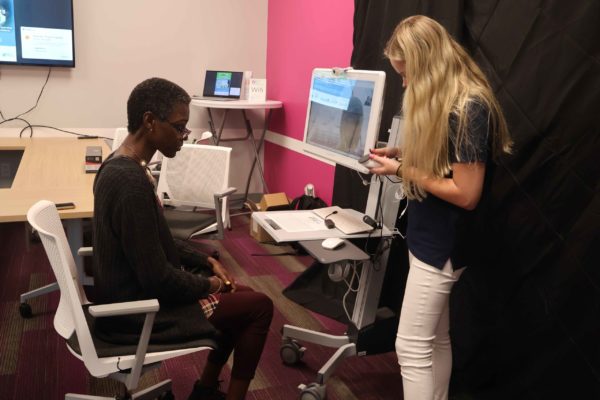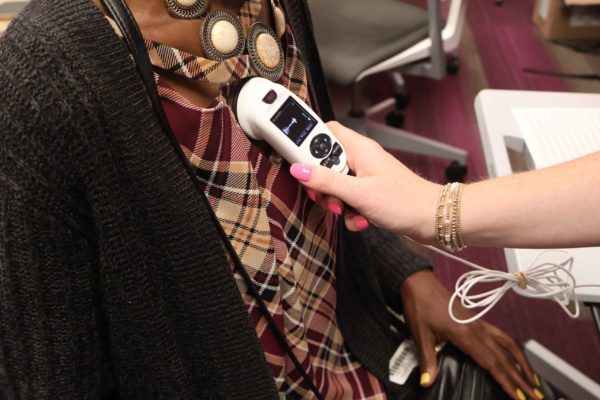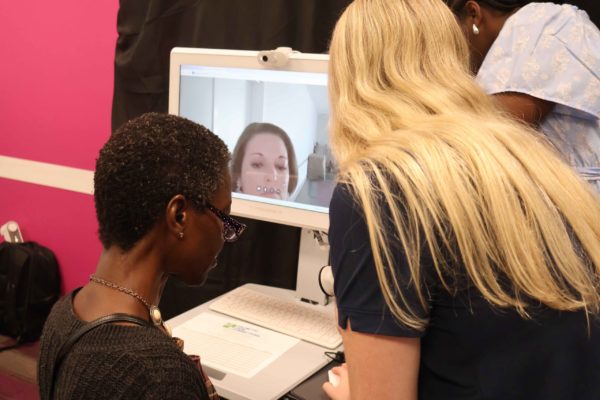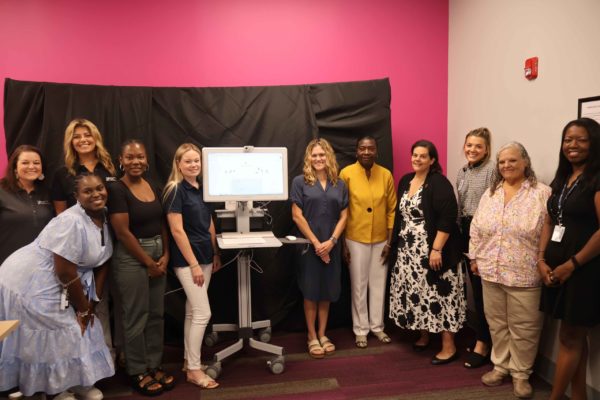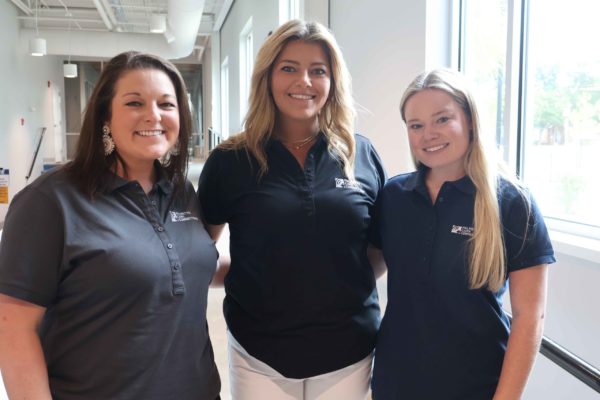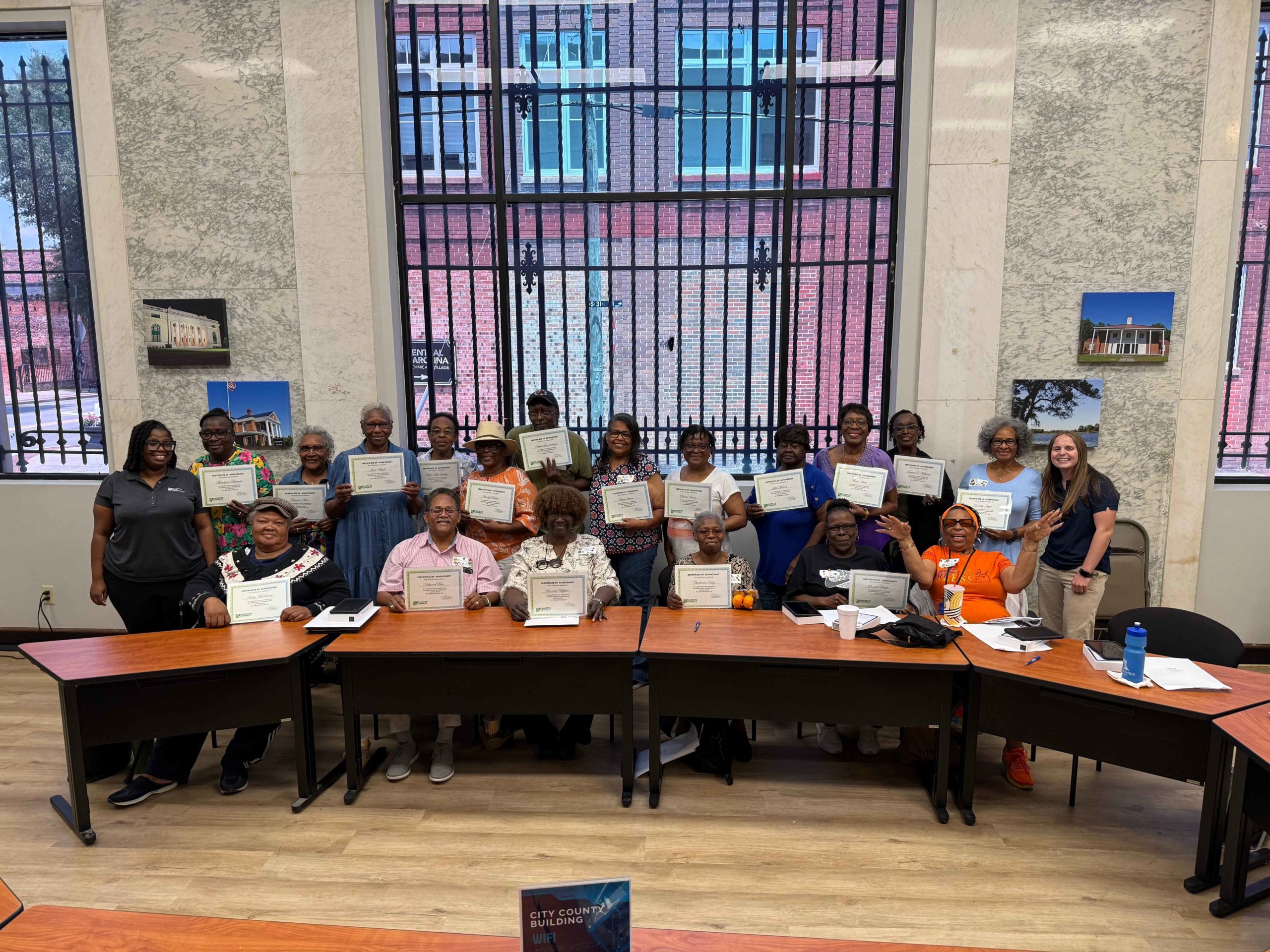By: Chaunte’ Causey, Communications Manager, PCC
On June 27, 2025, the U.S. Supreme Court ruled in favor of a key FCC program that helps fund phone and internet service in rural, low-income, and underserved areas. The 6–3 decision keeps the Universal Service Fund (USF) in place—a major win for broadband access in communities like the ones PCC serves. (Read the original article from The Gazette)
What is the Universal Service Fund?
The USF is a fund the federal government uses to make sure people in all parts of the country—especially rural areas—can get access to phone and internet at an affordable rate. Telecom companies contribute to the fund and often pass the cost on to customers as a small line item on their phone bills. The funds support:
- Rural homes and businesses
- Tribal lands
- Schools and libraries
- Health clinics and telehealth programs
Why Did the Court Get Involved?
Some groups argued the FCC did not have the authority to collect these fees and give the money to the Universal Service Fund. They claimed it was an unconstitutional tax.
However, the Supreme Court disagreed, ruling that Congress had granted the FCC the authority to manage the program and that the process was lawful and necessary. (Read more from Reuters)
What This Means for Rural South Carolina
This ruling protects funding that helps people in rural areas stay connected to doctors, schools, and family. FCC Commissioner Anna Gomez said it best: ending the fund would hurt millions of Americans. However, she also suggested that Congress should explore ways to modernize the program. (Read More from TV Technology)
Why PCC Cares
As the nation’s leading broadband consortium aiding our healthcare providers across eleven states Palmetto Care Connections serves communities that depend on adequate and reliable broadband access for telehealth, Education and other connected services. The Supreme Court’s ruling protects critical funding that helps our most vulnerable and primarily underserved stay connected and accessing critical services they require. PCC will continue to advocate for practical solutions that strengthen connectivity across rural South Carolina and beyond.

